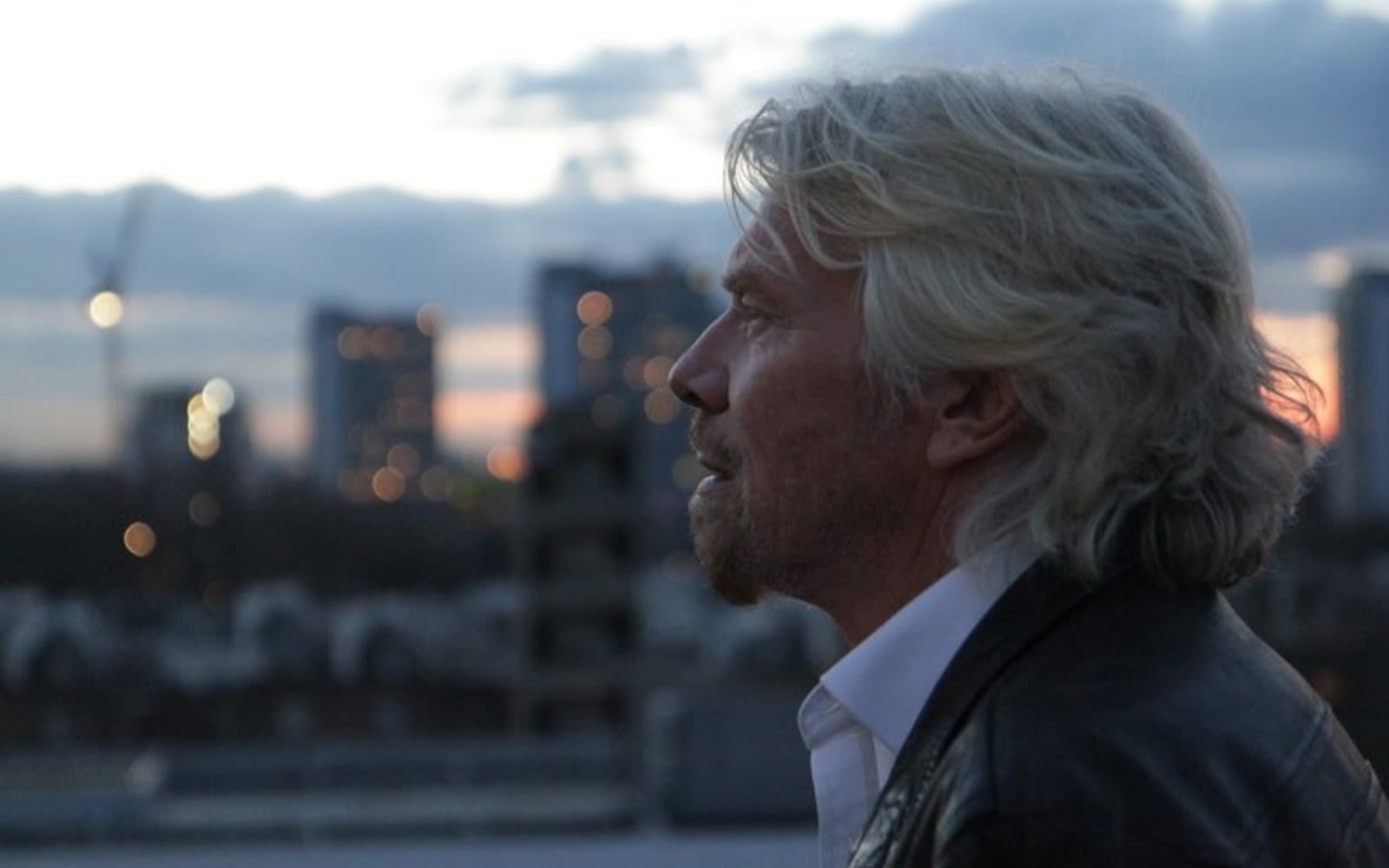Overdose prevention centres should be everywhere
Very encouraged to read about the positive news that the Safer Drugs Consumption Facility in Glasgow, the first of its kind in the UK, will finally open its doors in October.
As a member of the Global Commission on Drug Policy, I have long advocated for national drug policies that end the needless criminalisation of people who use drugs and instead prioritise interventions that reduce harm, save lives and make communities safer.
Worldwide, there are now more than 200 such drug consumption facilities - or overdose prevention centres, as they are often referred to – in 17 countries. These facilities offer a clean, safe, and medically supervised environment for those who use drugs, primarily people who use intravenous drugs. And they are proven to save lives – hundreds of lives - every day, as overdoses can be swiftly identified and medically addressed. After millions of visits and injections, there is no record of an overdose death in a drug consumption facility anywhere.
A few years ago, I was invited to visit the Uniting Medically Supervised Injecting Centre (MSIC) in Sydney – the first such site in the entire Southern hemisphere. That morning, I spoke to a good number of the people using the service, and I was quite touched to hear just how many of them credited the facility with saving their lives. In now 23 years of operation after nearly 1.3 million injections, the MSIC has managed more than 22000 overdoses – without a single fatality to date.
And it’s not just about saving lives. These facilities are also known to reduce the collateral risks often associated with intravenous drug use in unsafe settings, including transmission of blood-borne diseases such as HIV and hepatitis, or the risk of infections. Encouragingly, the sites also allow public health services to engage with people who use drugs and refer them to treatment services, if so desired. And because there is no threat of arrest for possession or use, many more can potentially be reached.
Given the worsening global opioid crisis and its rising death toll, there is no question in my mind that the story of overdose prevention centres is a triumph of harm reduction that should be adopted widely - across the UK and around the world.






